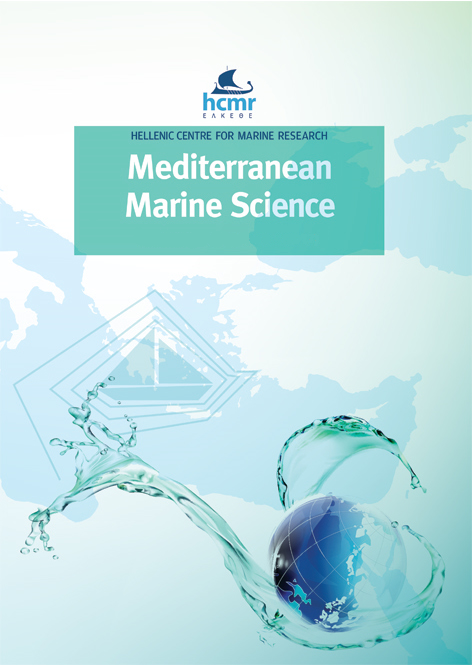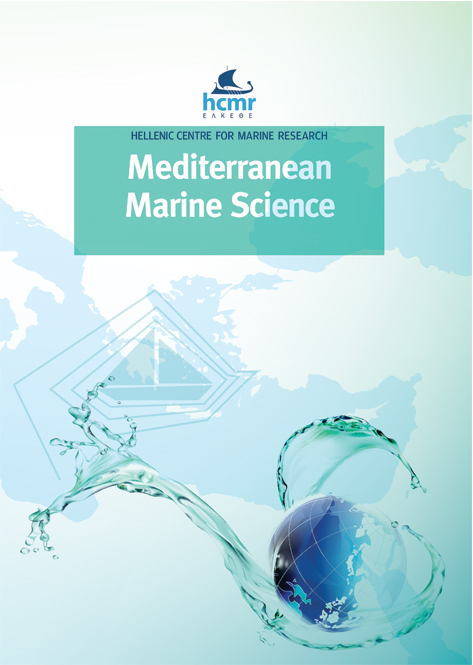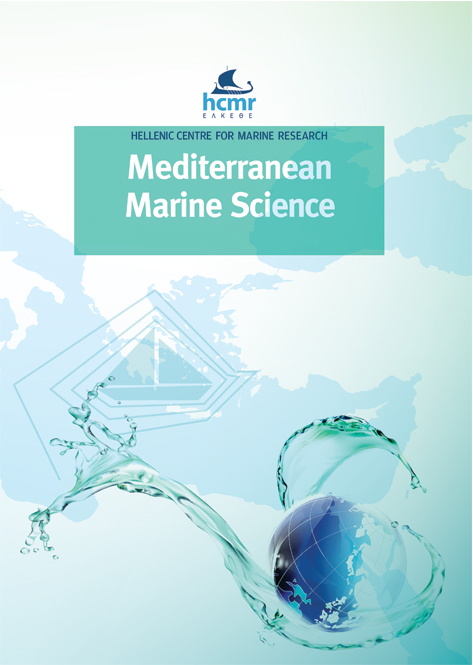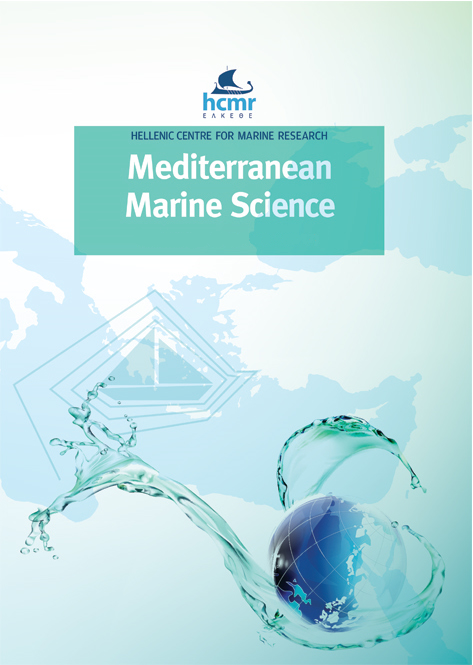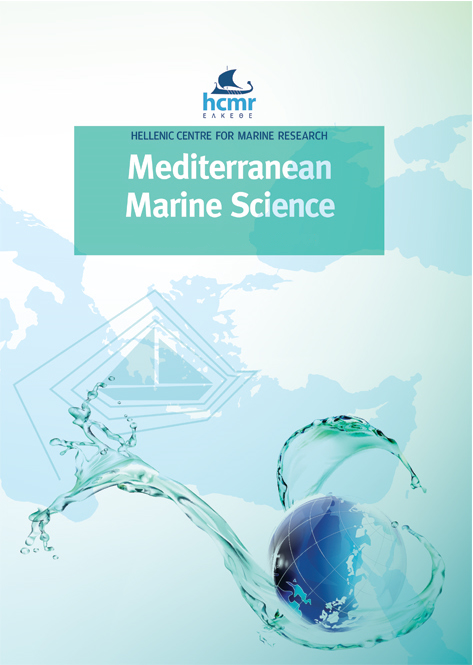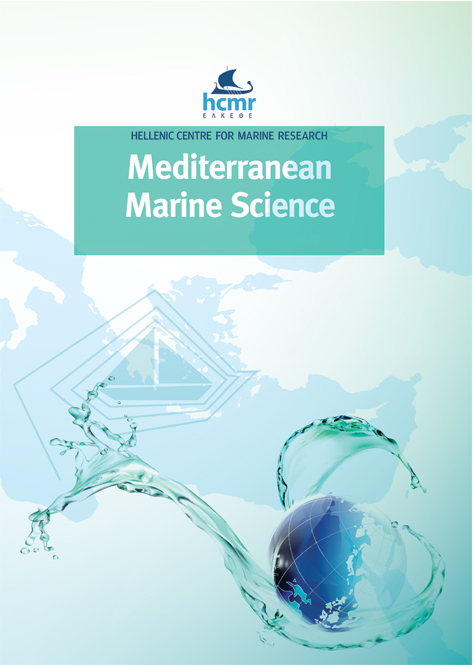Co-occurrence of a reef-building coral and canopy-forming macroalgae in the Mediterranean Sea
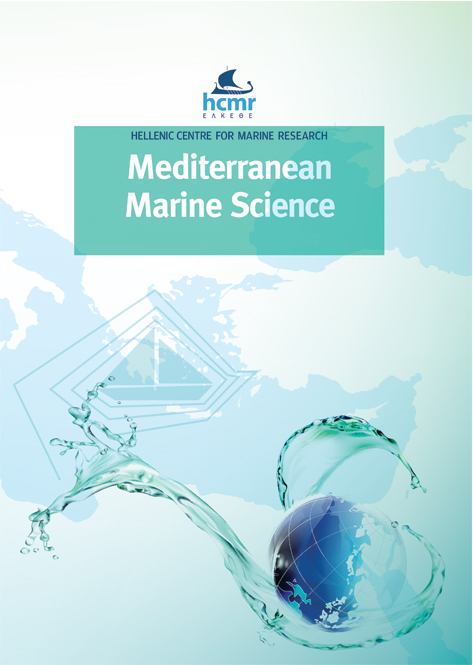
Abstract
Canopy-forming macroalgae are amongst the main competitors of corals by affecting coral recruitment, growth of recruits and adults, fecundity and in the worst-case scenario causing coral bleaching and necrosis. However, potentially reef-building coral Cladocora caespitosa (Linnaeus, 1767) and canopy-forming macroalgae of the order Fucales (Cystoseira sensu lato) are known to concur in a few places of the Mediterranean Sea. Here we look at the small-scale relationships between Cladocora abundance and Cystoseira s. l. densities at three different places where they coexist. Relationships have turned out to be both species and site-specific even though most relationships are neutral, pointing to a predominant concurrence of corals and macroalgae at the small scale. These findings shed new information on the relationship between corals and fleshy macroalgae in a temperate environment and serve as a starting point for future studies addressing the interactions between C. caespitosa and Cystoseira s. l.
Article Details
- How to Cite
-
PONS-FITA, A., KERSTING, D. K., & BALLESTEROS, E. (2021). Co-occurrence of a reef-building coral and canopy-forming macroalgae in the Mediterranean Sea. Mediterranean Marine Science, 22(3), 697–705. https://doi.org/10.12681/mms.26967
- Issue
- Vol. 22 No. 3 (2021)
- Section
- Research Article
Authors who publish with this journal agree to the following terms:
- Authors retain copyright and grant the journal right of first publication with the work simultaneously licensed under a Creative Commons Attribution Non-Commercial License that allows others to share the work with an acknowledgement of the work's authorship and initial publication in this journal.
- Authors are able to enter into separate, additional contractual arrangements for the non-exclusive distribution of the journal's published version of the work (e.g. post it to an institutional repository or publish it in a book), with an acknowledgement of its initial publication in this journal.
- Authors are permitted and encouraged to post their work online (preferably in institutional repositories or on their website) prior to and during the submission process, as it can lead to productive exchanges, as well as earlier and greater citation of published work (See The Effect of Open Access).





